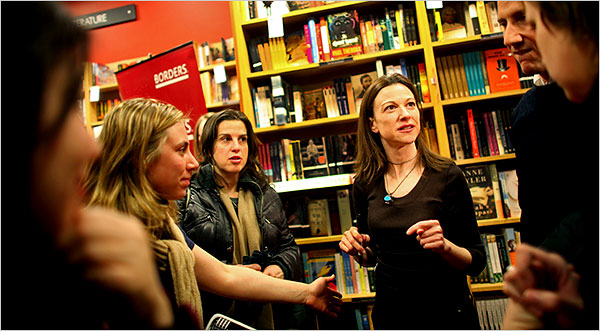Ian Kerner, a sexuality counselor and the author of “She Comes First,” sees couples struggle to find a ratio that works. “I work a lot with stay-at-home dads and men who work from home,” he said, “and one thing I hear a lot is that, in theory, they’re really happy balancing flexible work with stay-at-home responsibilities, while their wives are out working full-time in corporate jobs. But, at the same time, a common complaint is that Mom comes home and feels guilty for being away all day, and so much time has to be made up connecting with the children, who take first priority, that these dads feel lost in the mix.” In many couples, Kerner says, the wives start to feel disgruntled because their husbands get to see more of the kids, and the husbands, whose wives are controlling more of the spending, start to feel “financially emasculated.” Sometimes, he says, a vicious cycle begins: The husband feels marginalized and less self-confident, which causes the wife to lose respect for and desexualize him. Under these circumstances, neither is particularly interested in sex with the other.
Lori Gottlieb, “The Egalitarian-Marriage Conundrum”, The New York Times Magazine (9 February 2014), 33.
